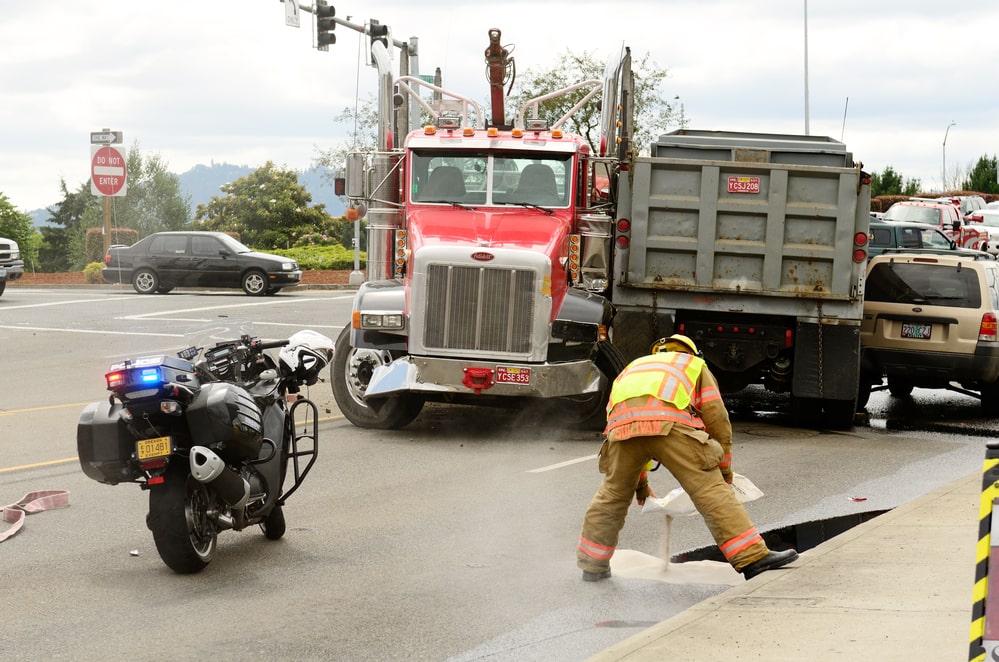
How Trucking Regulations Impact Liability
How Trucking Regulations Impact Liability
In the realm of personal injury law, truck accidents pose unique challenges due to the complex regulations governing the commercial trucking industry as a truck accident lawyer can explain. As such, understanding how these regulations impact liability is crucial for both accident victims and legal professionals. In this blog post, Our friends at Council & Associates, LLC will explore the intricate relationship between trucking regulations and liability in accident cases.
The Significance Of Trucking Regulations
Trucking regulations are established by federal and state authorities to ensure the safe operation of commercial vehicles on public roads. These regulations cover various aspects of the trucking industry, including driver qualifications, vehicle maintenance, hours of service, cargo securement, and more. Compliance with these regulations is mandatory for all commercial trucking companies and drivers. Even if a driver is working for a company as a contractor, they are still subject to these rules and regulations.
Driver Qualifications And Training
One area where trucking regulations significantly impact liability is in driver qualifications and training. Truck drivers must meet specific requirements regarding age, experience, licensing, and medical fitness to operate commercial vehicles. Failure to adhere to these requirements can result in liability if an accident occurs, especially if the driver’s qualifications were a contributing factor.
Hours Of Service Compliance
Another critical aspect of trucking regulations is the hours of service (HOS) rules, which govern the amount of time a driver can spend behind the wheel without taking adequate rest breaks. HOS regulations are designed to prevent driver fatigue, a leading cause of truck accidents. Non-compliance with HOS rules can increase the risk of accidents and expose trucking companies to liability for negligence. Even with industry rules in place, fatigue is still one of the leading causes of truck accidents.
Vehicle Maintenance And Inspections
Trucking regulations also mandate regular vehicle maintenance and inspections to ensure that commercial trucks are safe for operation. Failure to maintain trucks properly or conduct required inspections can lead to mechanical failures and accidents. In such cases, the trucking company may be held liable for negligence in maintaining its fleet.
Cargo Securement And Weight Limits
Improperly secured cargo or exceeding weight limits can compromise the stability and maneuverability of commercial trucks, increasing the risk of accidents. Trucking regulations prescribe specific guidelines for cargo securement and weight distribution to prevent accidents caused by shifting loads or overloaded vehicles. Violations of these regulations can result in liability for trucking companies or cargo loaders.
In a truck accident case, the plaintiff’s legal team will thoroughly investigate whether the defendant (typically the trucking company or driver) complied with relevant regulations leading up to the accident. If regulatory violations are discovered, it can strengthen the plaintiff’s case by establishing a clear link between the defendant’s negligence and the resulting harm.
Trucking regulations play a significant role in determining liability in truck accident cases. By working with experienced lawyers who are well-versed in regulatory compliance, accident victims can pursue the justice and compensation they deserve.Contact a law firm near you today if you have been involved in a truck accident to seek legal representation.




